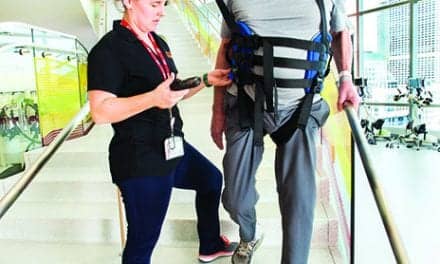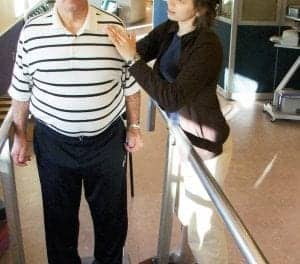NEW YORK (Reuters Health) – New research suggests that roughly one in four potential stroke patients are directed away from emergent treatment by hospital operators, which is concerning given the well-established link between expeditious treatment and improved outcomes.
Lead author Dr. Brett Jarrell, from Cabell Huntington Hospital in West Virginia, said in a statement that he first became aware of a possible problem while working at a stroke center.
"So many of our patients were transferred to our facility more than three hours after their symptom onset – sometimes as late as days after their symptoms started," he said. "I would ask them why they waited, and many replied that they called their local hospitals, only to be told that they should contact their primary care doctors" instead of calling 911 for an ambulance.
In their study, reported in the August issue of Stroke, Dr. Jarrell’s team called 46 healthlines in the US and presented the operator with a stroke patient scenario. The operator was then asked to choose one of four responses for the patient: wait for symptom resolution, contact a primary care physician, drive to a local urgent care center, or call 911 for ambulance transport. In addition, the operators were asked about common stroke signs and symptoms.
In 22% of the calls, the operator said the hypothetical patient should contact their primary care physician rather than to seek emergent treatment. In the remaining 78%, a 911 call for ambulance transport was recommended.
Call transfers were common, occurring at least once in 18 cases, the report indicates. Moreover, 24% of operators could not name even one stroke symptom or sign.
"This study definitely suggests that, as a medical community, we are going to have to tighten the reins on who is giving information to patients with acute conditions and educate everyone on what stroke is," Dr. Jarrell emphasized.




